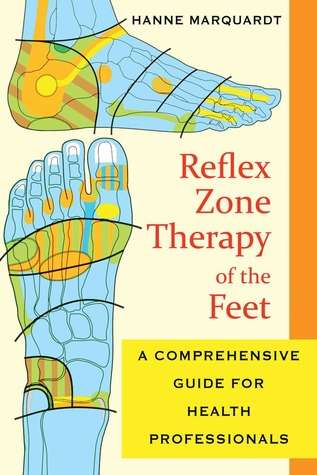As an athlete, achieving peak performance is the ultimate goal. However, it’s not always easy to stay motivated and focused, especially when faced with setbacks and challenges. That’s where sports psychology comes in – by studying the mental and emotional aspects of athletic performance, experts in this field have identified a number of techniques and strategies that can help athletes stay motivated, focused, and mentally strong.
In this article, we’ll explore the key concepts of motivation in sports psychology, and how you can apply these ideas to your own training regimen. Whether you’re a seasoned athlete looking to take your performance to the next level, or a beginner just starting out on your fitness journey, you’ll find plenty of valuable insights here.
Defining Motivation: What It Is and Why It Matters
At its core, motivation can be defined as the drive to achieve a goal. In the context of sports psychology, this means the desire to perform at a high level, to meet or exceed personal goals, and to push through fatigue, pain, and other obstacles in pursuit of success.
Why is motivation so important? Simply put, without motivation, it’s hard to succeed in sports – or in any other area of life. Whether you’re training for a big competition, trying to lose weight, or simply trying to maintain a healthy lifestyle, motivation is what keeps you going, even when the going gets tough.
The Different Types of Motivation
Of course, not all motivation is created equal – and in sports psychology, researchers have identified several distinct types of motivation that can impact performance in different ways.
At the most basic level, motivation can be broken down into two categories: intrinsic and extrinsic. Intrinsic motivation is driven by internal factors, such as a love of the sport itself or a desire to challenge oneself. Extrinsic motivation, on the other hand, is driven by external factors, such as the desire to win a competition, impress other people, or earn a reward.
While both types of motivation can be effective in driving performance, many experts believe that intrinsic motivation is ultimately more powerful, as it comes from within and is less dependent on external factors or rewards.
Strategies for Building Motivation and Mental Toughness
So, how can athletes build and maintain motivation throughout their training and competition? There are several key strategies that sports psychologists recommend, including:
Setting Clear, Actionable Goals
One of the most effective ways to stay motivated is to set clear, actionable goals for yourself. Instead of simply saying “I want to get better at this sport,” break your goals down into specific, measurable steps – such as running a 10K in under an hour, or lifting a certain amount of weight by a particular date.
By breaking your goals down in this way, you’ll have a clear roadmap for how to get there – and you’ll be able to track your progress along the way, which can provide additional motivation.
Staying Positive and Focused
Another key factor in motivation is maintaining a positive, focused mindset. This means learning to recognize and challenge negative self-talk, and staying mindful and present in the moment, even when things get tough.
To build mental toughness and resilience, sports psychologists often recommend visualization exercises, mindfulness practices, and other techniques that can help athletes stay focused and centered in the midst of stress or pressure.
Utilizing Social Support
Finally, one more key element in motivation is social support. This can take many forms, from training partners and coaches to family members and fans. By surrounding yourself with people who believe in you and are invested in your success, you’ll have a built-in support system that can provide encouragement, accountability, and motivation when you need it most.
Putting It All Together: Integrated Training for Peak Performance
Of course, building motivation and mental toughness is only one part of the equation when it comes to athletic success. To truly maximize your performance, you’ll also need to pay attention to your physical training regimen, including factors like nutrition, recovery, and overall fitness.
In sports psychology, this holistic approach to training is often called “integrated training,” and it emphasizes the importance of training the mind and body in tandem, rather than as separate entities.
By incorporating motivation-building strategies like goal-setting, positive thinking, and social support into your overall training plan, you’ll be well on your way to achieving peak performance – both on and off the field.
Conclusion: Unlocking Your Potential with Motivation in Sports Psychology
Motivation is the key to success in sports – but it’s not always easy to find and maintain. By understanding the key concepts and strategies of motivation in sports psychology, you can build the mental toughness and resilience you need to achieve your goals and reach your full potential.
From setting clear, actionable goals to staying positive and focused in the moment, there are a range of techniques and practices to help you stay motivated and mentally strong throughout your training and competition. So why wait? Start integrating these principles into your training regimen today, and unlock your full potential as an athlete.



